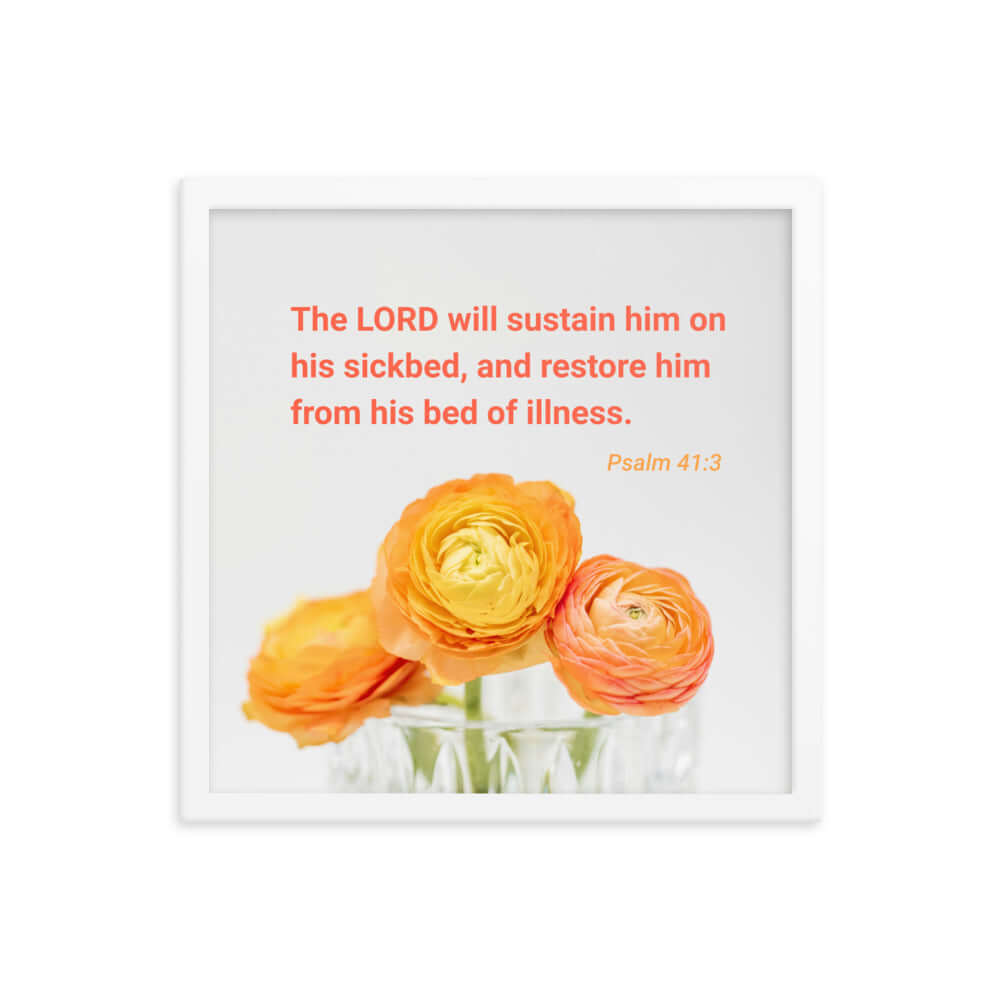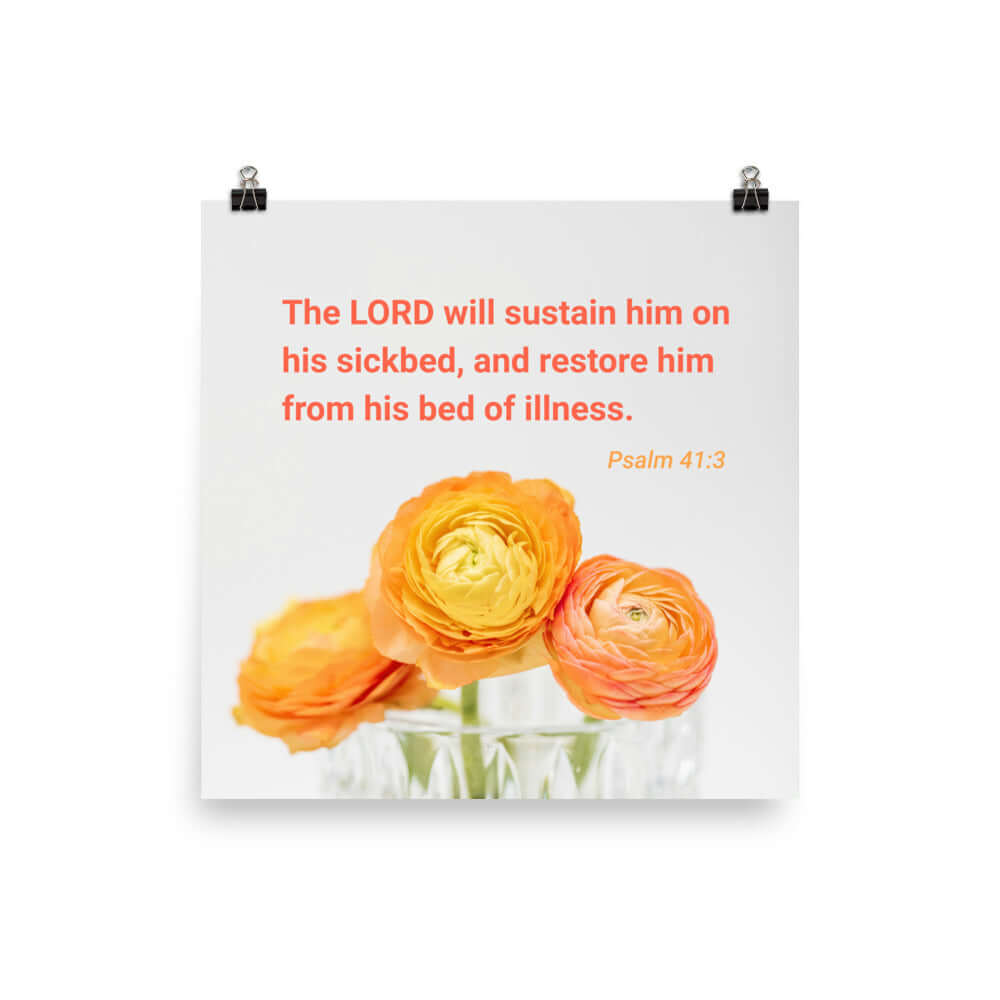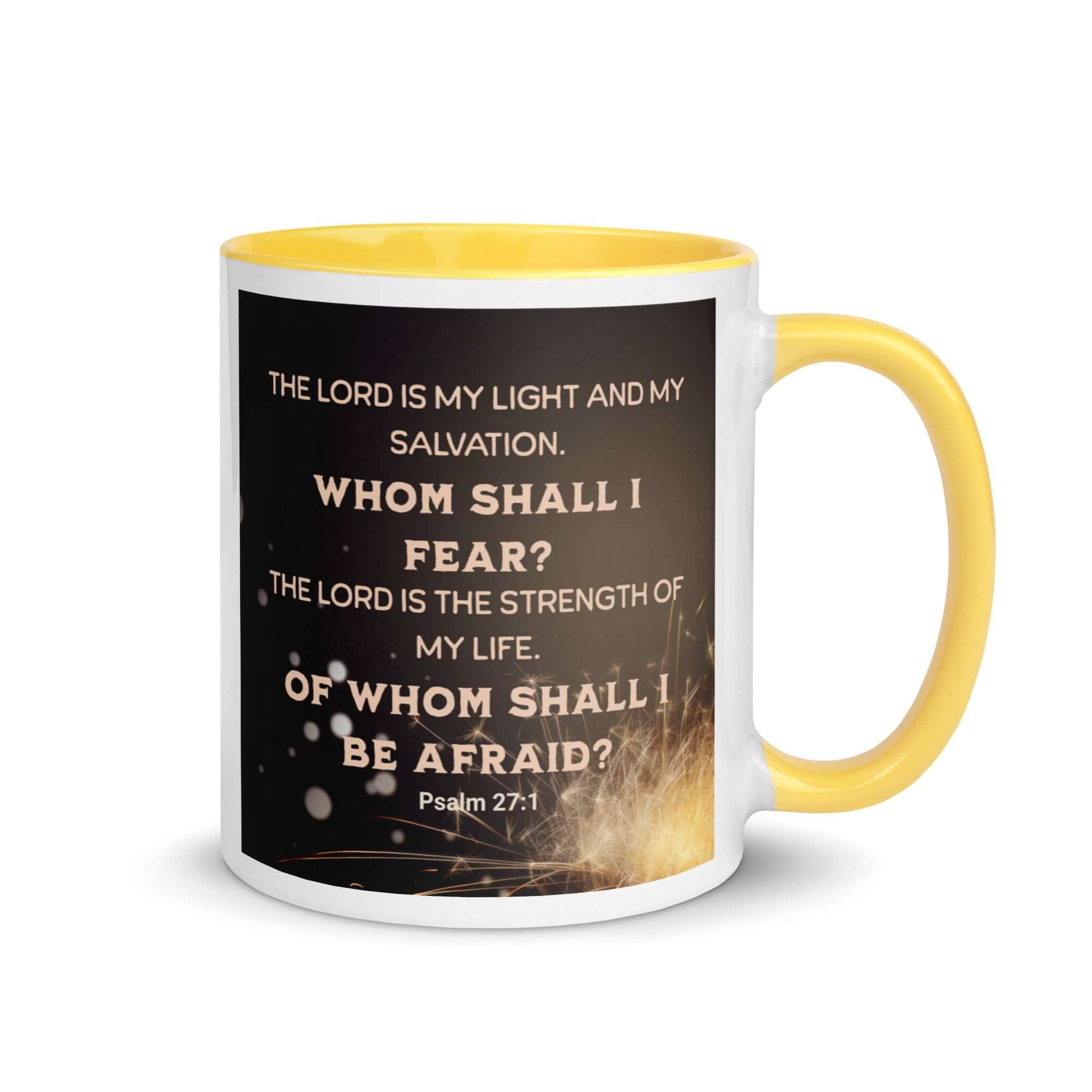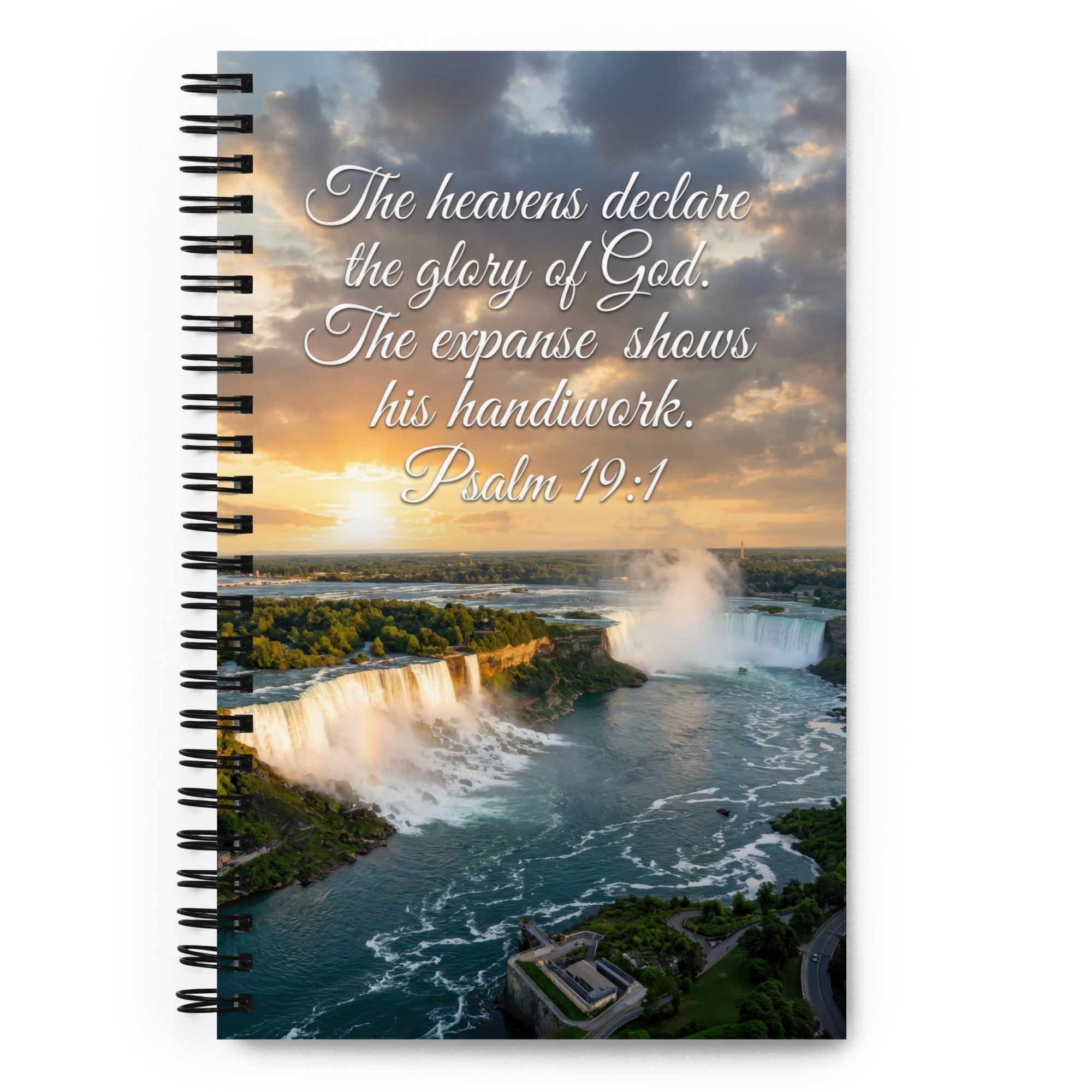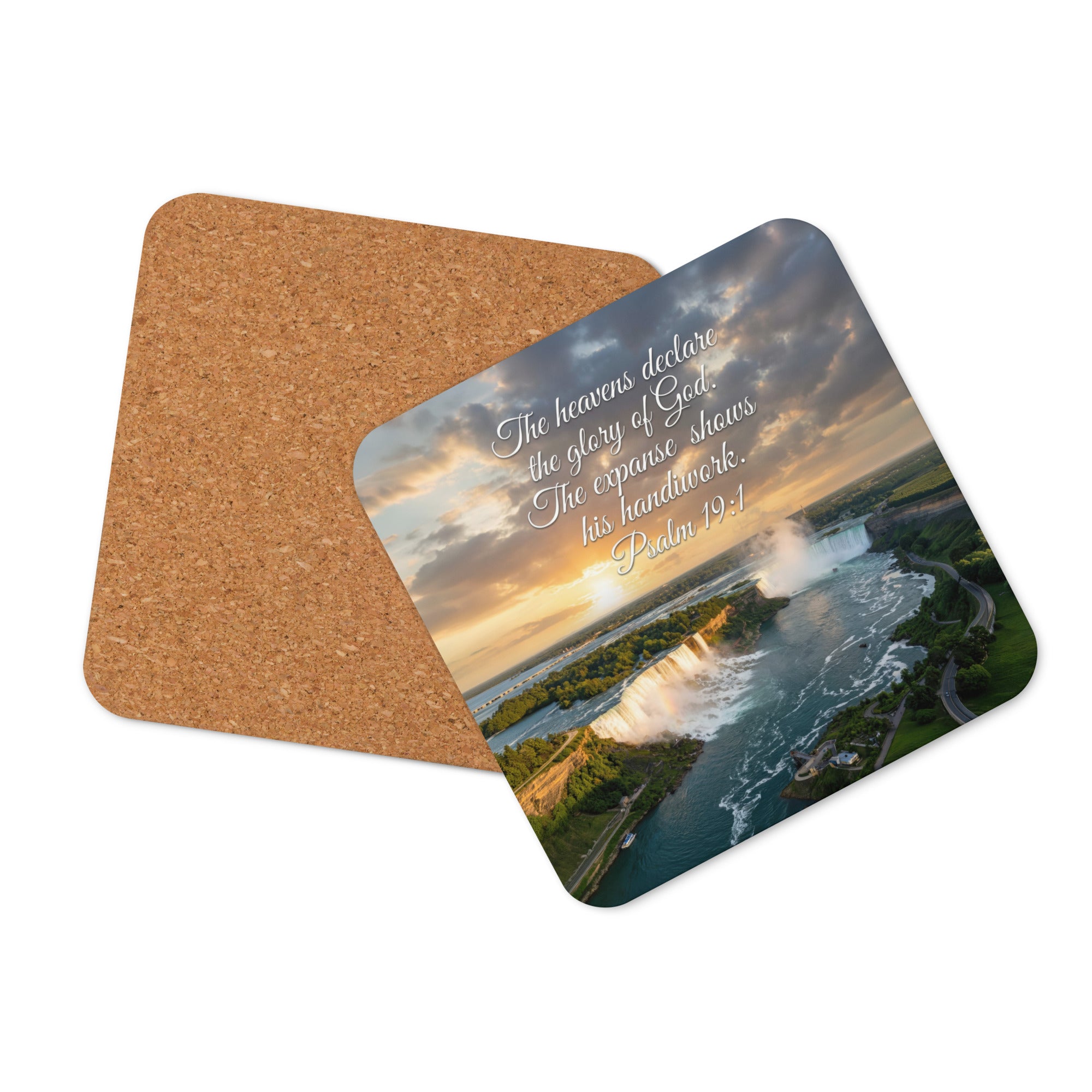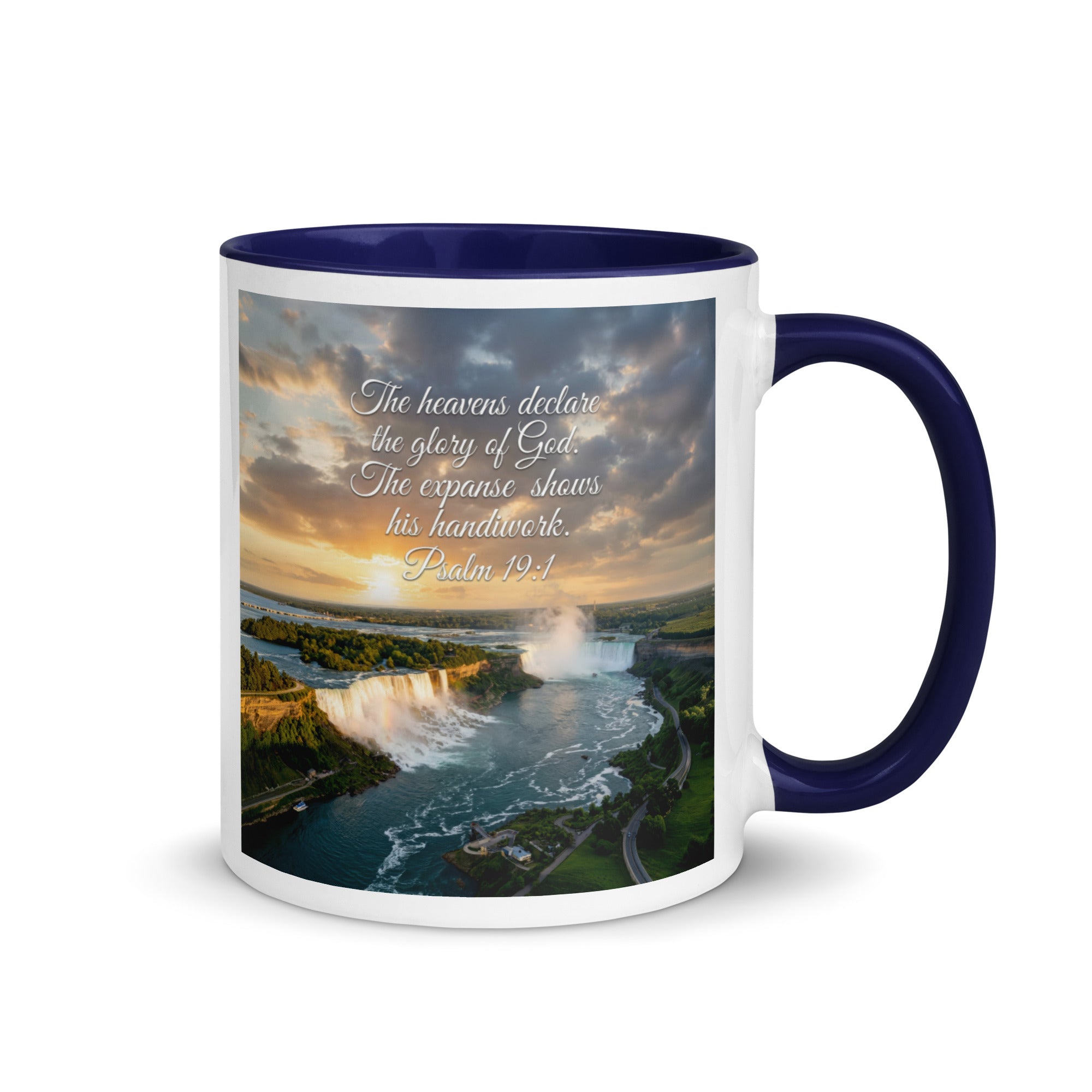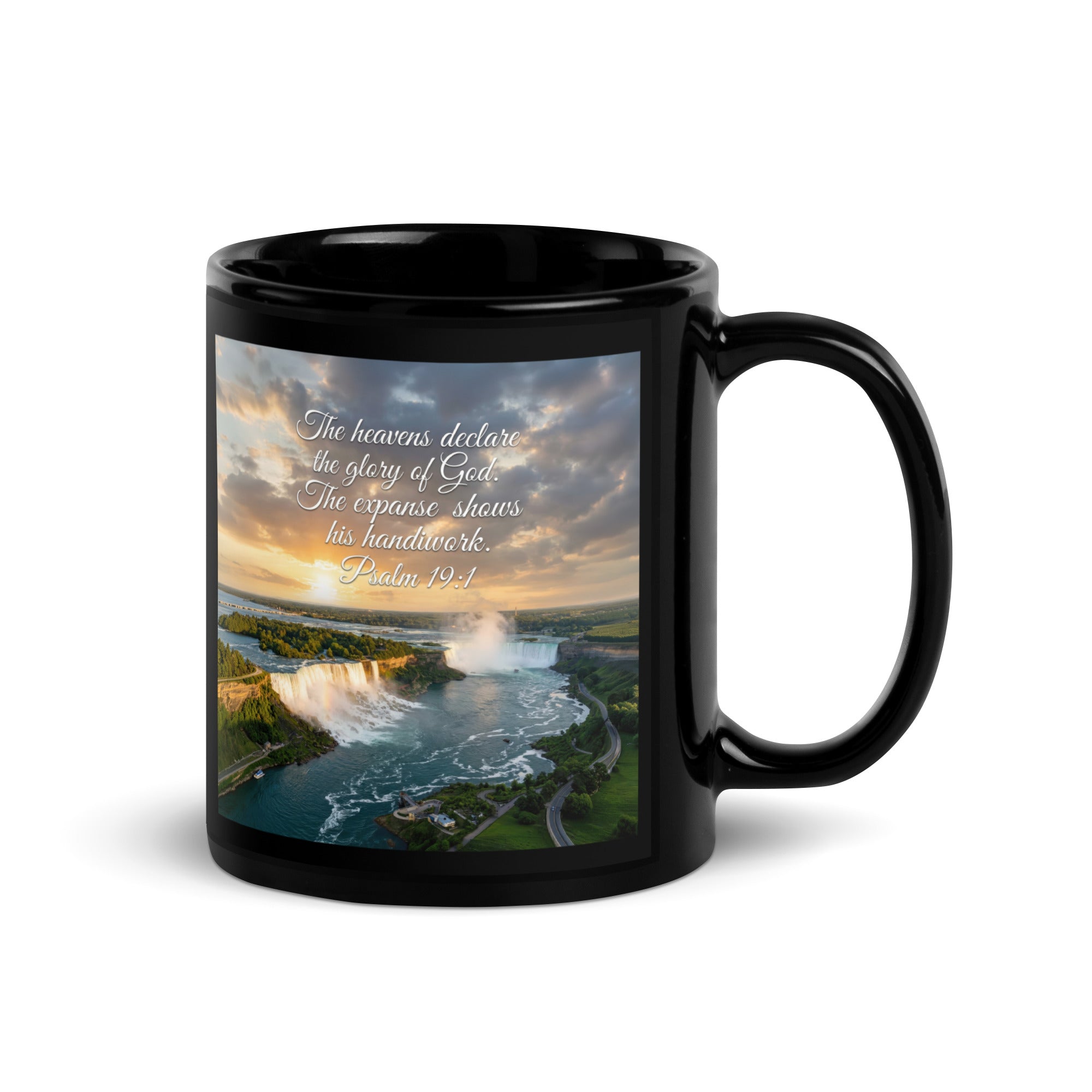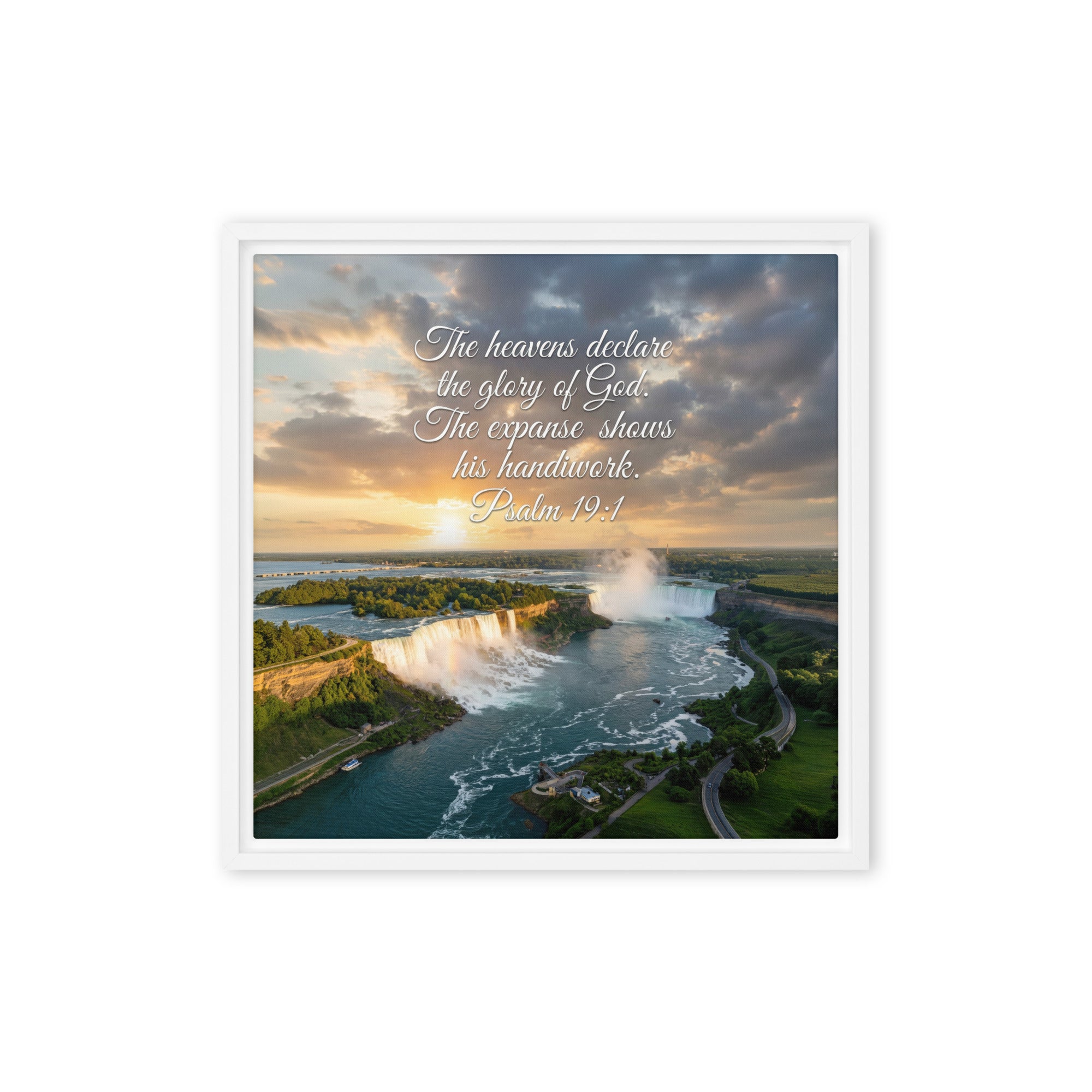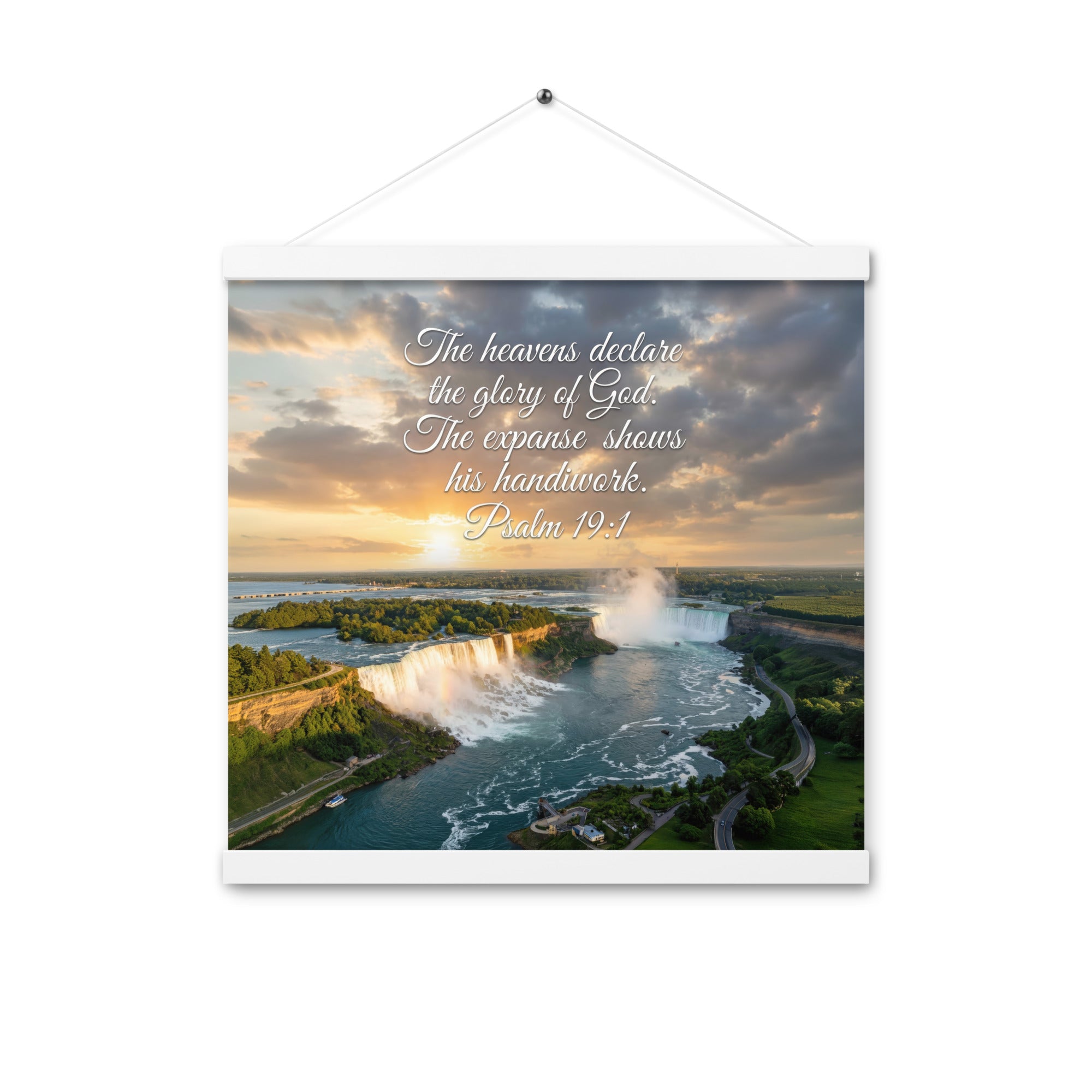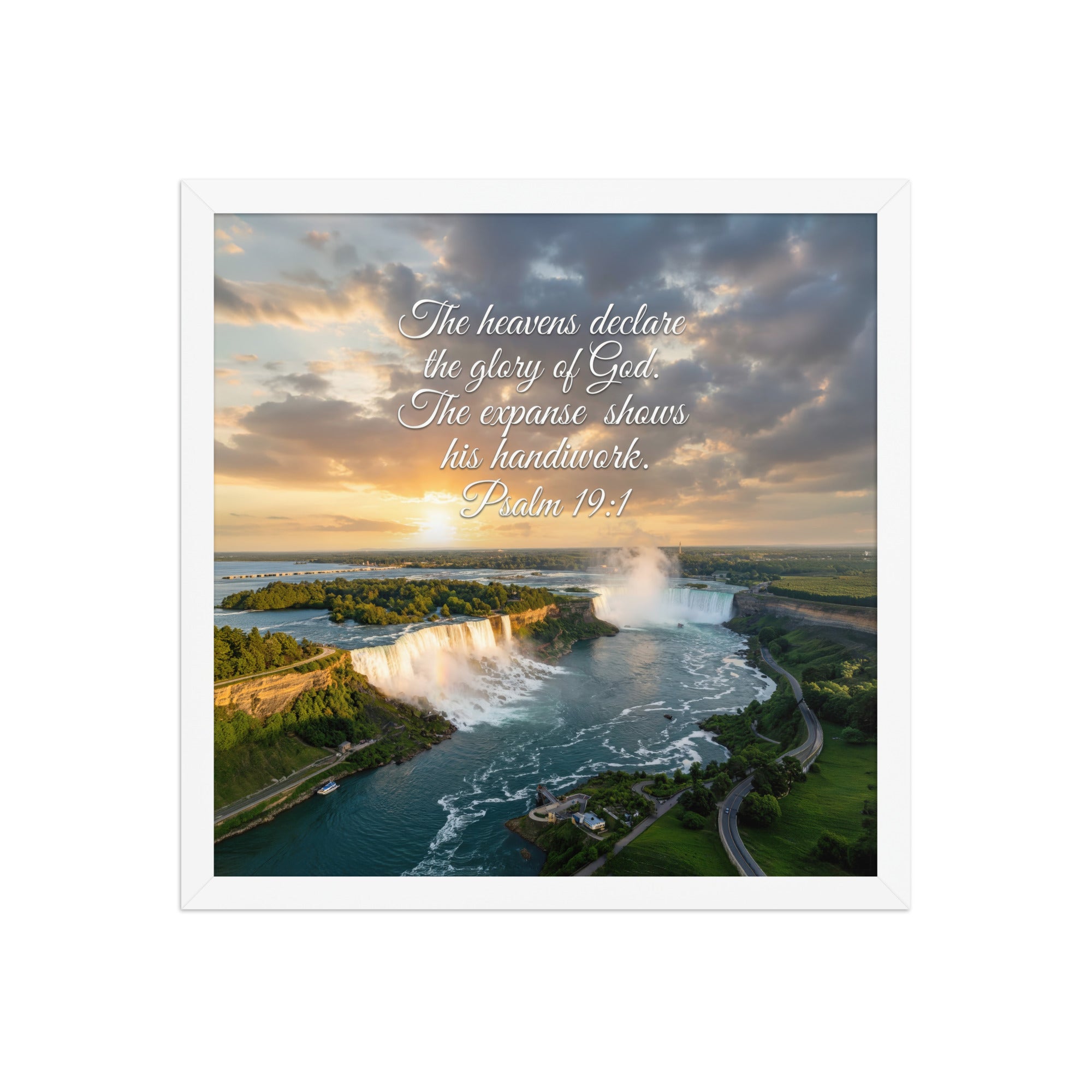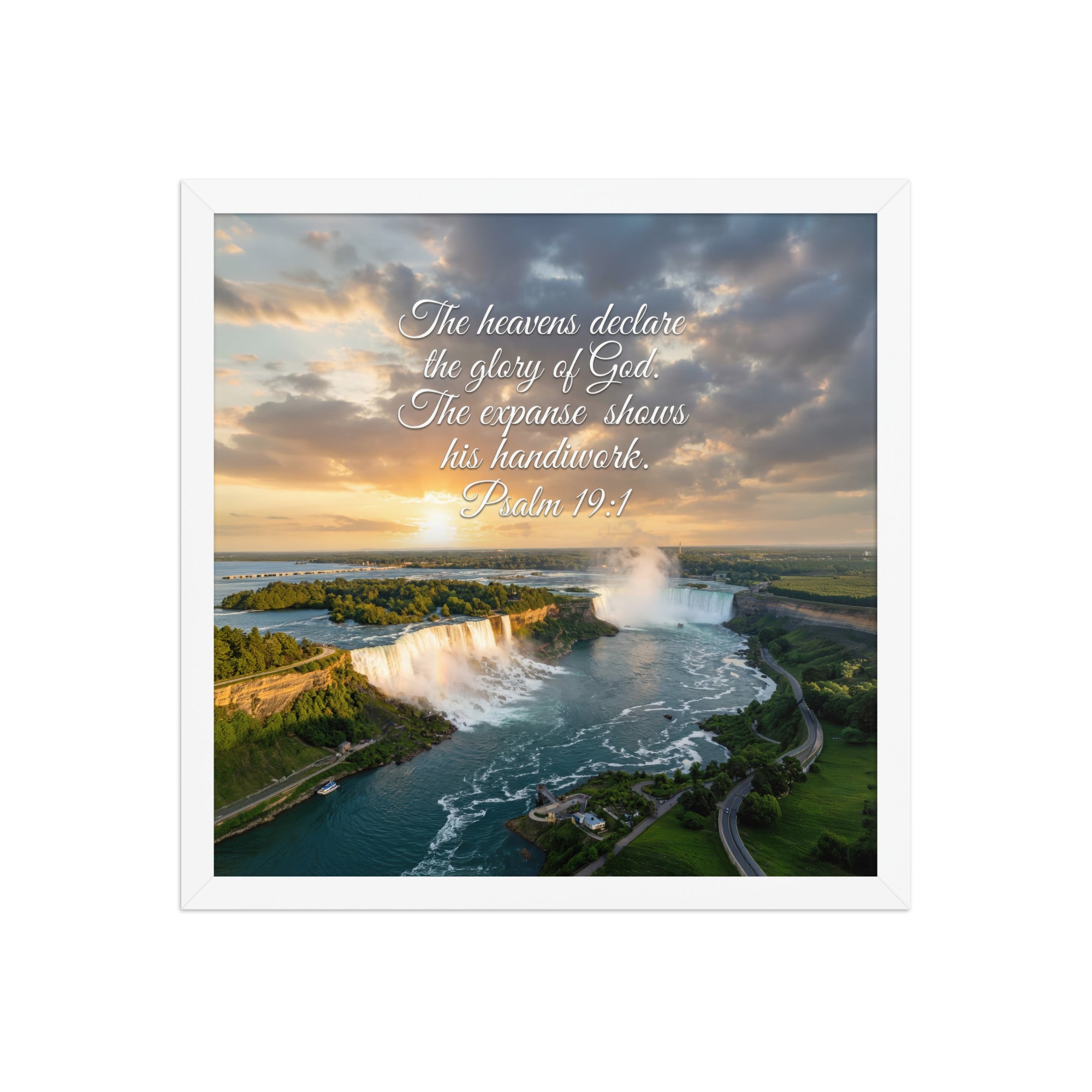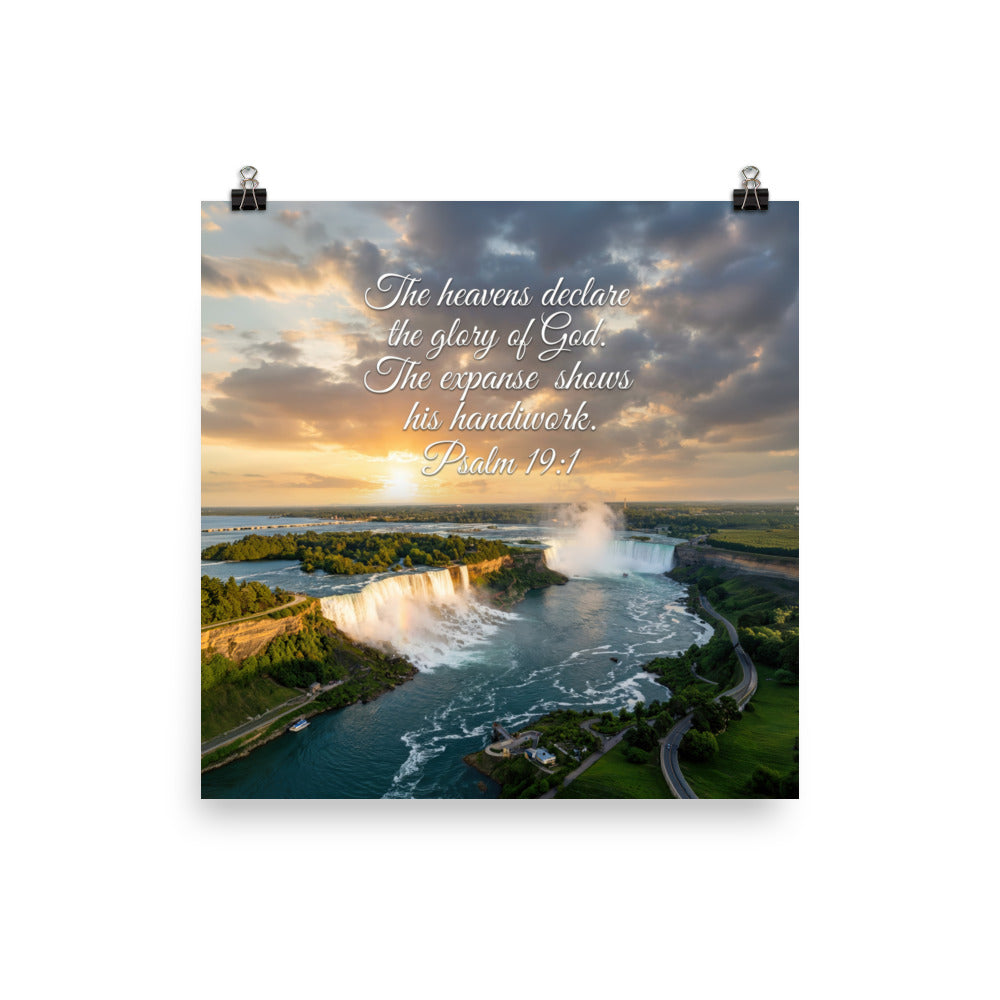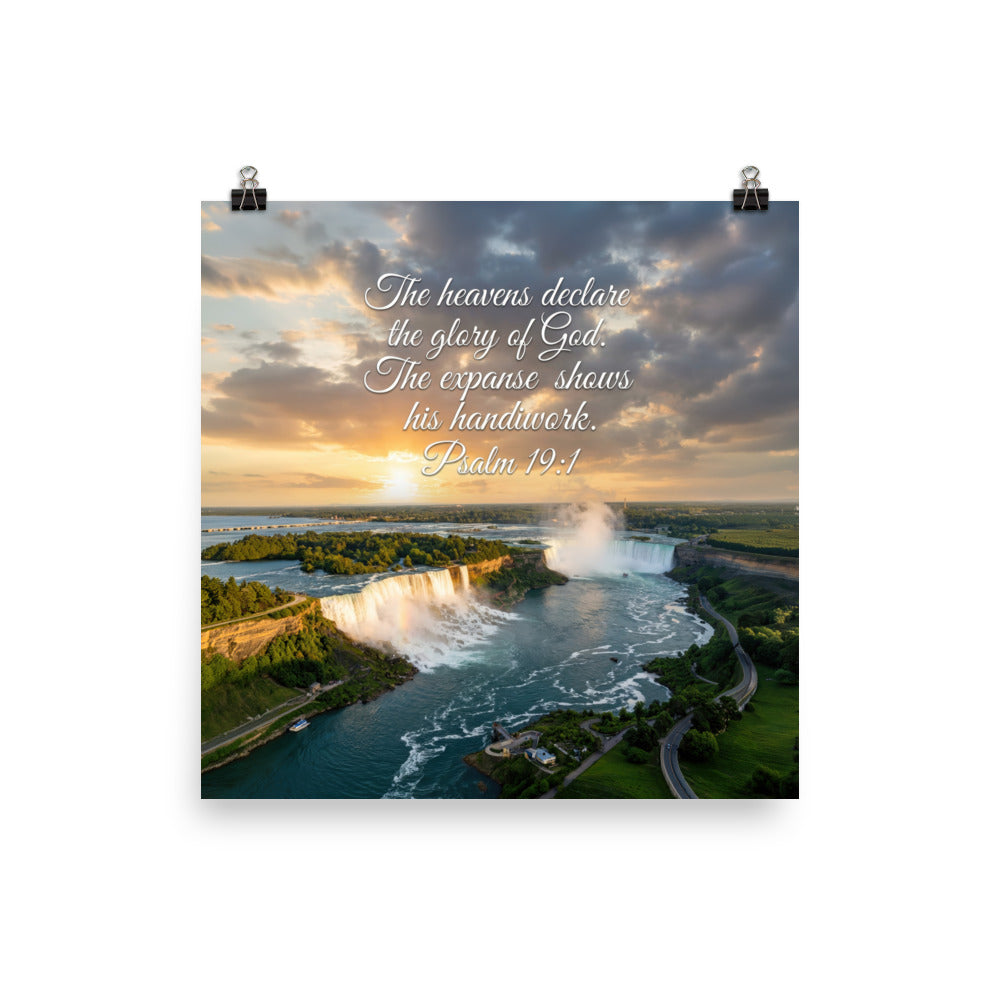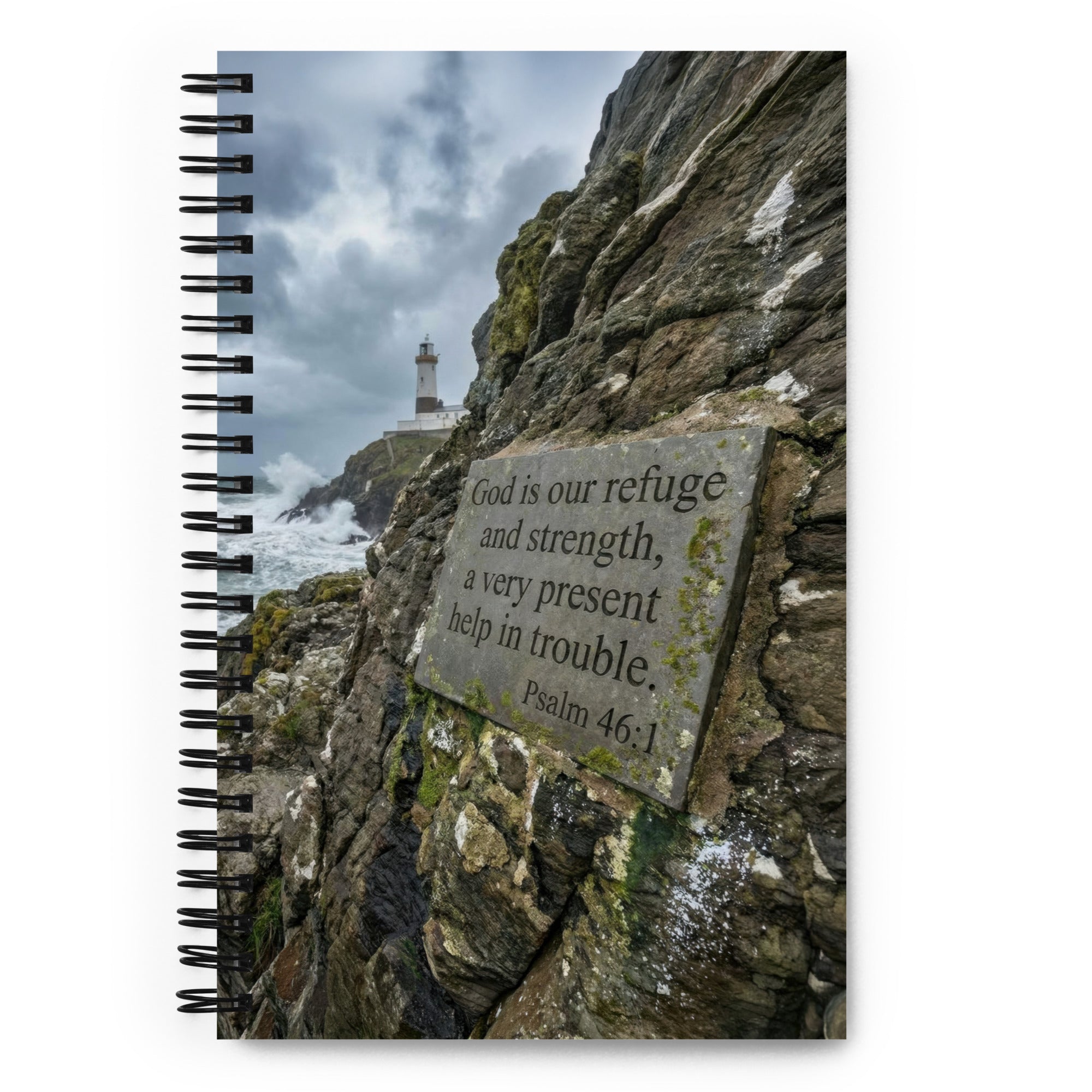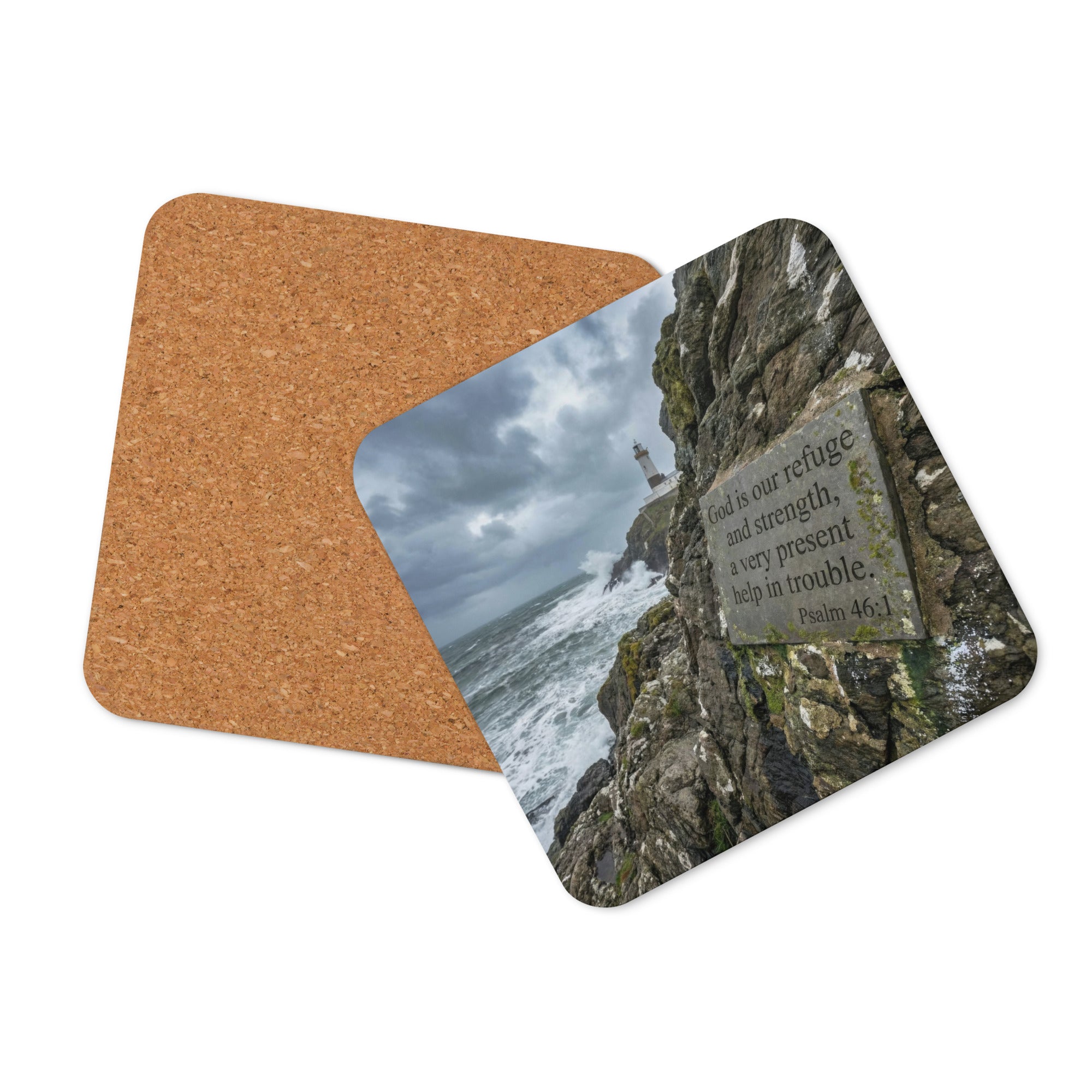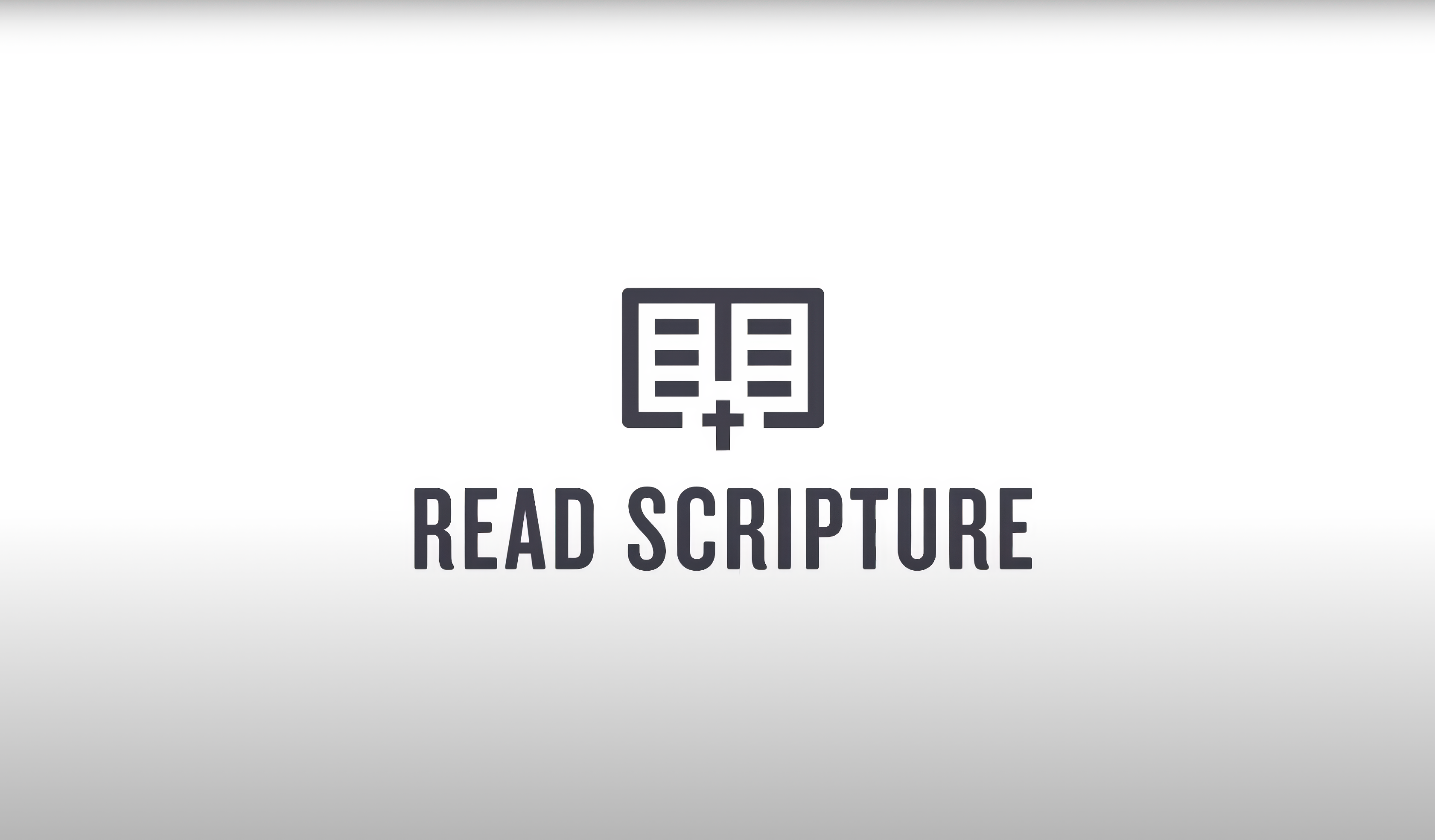Exploring the Book of Psalms: A Timeless Collection of Poems and Songs
The Book of Psalms, a jewel in the crown of biblical literature, is a profound collection of poems, prayers, and songs that has inspired faith, hope, and worship across generations. This article delves into the origins, authors, audience, and rich tapestry of content that make Psalms a unique and cherished book in the Bible.
Who Wrote the Book of Psalms?
Traditionally, King David has been recognized as the primary author of the Psalms, credited with composing at least 73 of the 150 Psalms. However, this collection is the work of multiple authors, including:
- Asaph, a Levite and chief musician during David's reign, was attributed with 12 Psalms.
- The Sons of Korah, a group of temple singers, credited with 11 Psalms.
- Solomon, David's son and successor, who wrote two Psalms.
- Moses, attributed with Psalm 90.
- Heman, Ethan, and other anonymous authors who contributed to the remaining Psalms.
This diversity of authorship adds various voices and perspectives to the Psalms, reflecting a wide range of human emotions and experiences with God.
When Was It Written?
The Psalms were composed over a lengthy period, from Moses's time (around 1440 B.C.) through the post-exilic period (after 538 B.C.). This span of nearly a millennium underscores their timeless and universal appeal, speaking to the enduring human experiences of joy, sorrow, repentance, and hope.
Who Was It Written For?
Initially, the Psalms served as hymns and prayers for the Israelite community, and they were used in temple worship and personal devotion. Over time, their audience has expanded to include believers worldwide, offering comfort, guidance, and inspiration for individuals and communities across diverse cultures and circumstances.
Overview of the Content
The Book of Psalms is divided into five books, each concluding with a doxology, reflecting a structure that mirrors the Pentateuch (the first five books of the Bible). The content can be broadly categorized into several themes:
- Praise and Worship: Many Psalms are pure expressions of praise to God for His power, majesty, and loving-kindness (e.g., Psalms 8, 19, 100).
- Lament: These psalms express sorrow, pleading with God for deliverance from distress and enemies (e.g., Psalms 3, 44, 74).
- Thanksgiving: Psalms of thanksgiving celebrate God's goodness in delivering His people from trouble (e.g., Psalms 30, 34, 107).
- Wisdom and Torah: These psalms reflect on the law of God and the wisdom of living according to His will (e.g., Psalms 1, 119).
- Royal Psalms: These celebrate the Davidic monarchy and its significance in God's plan for His people (e.g., Psalms 2, 45, 72).
Key Psalms and Their Themes
- Psalm 23: The Lord as Shepherd, providing and protecting.
- Psalm 51: A plea for forgiveness and purification.
- Psalm 139: God's omniscience and omnipresence.
- Psalm 150: A call to praise God with music and dance.
The Book of Psalms remains a foundational text for personal devotion and public worship, offering a language for prayer and praise that transcends time and culture. Its enduring relevance speaks to the depth of human experience and the timeless nature of God's Word.


